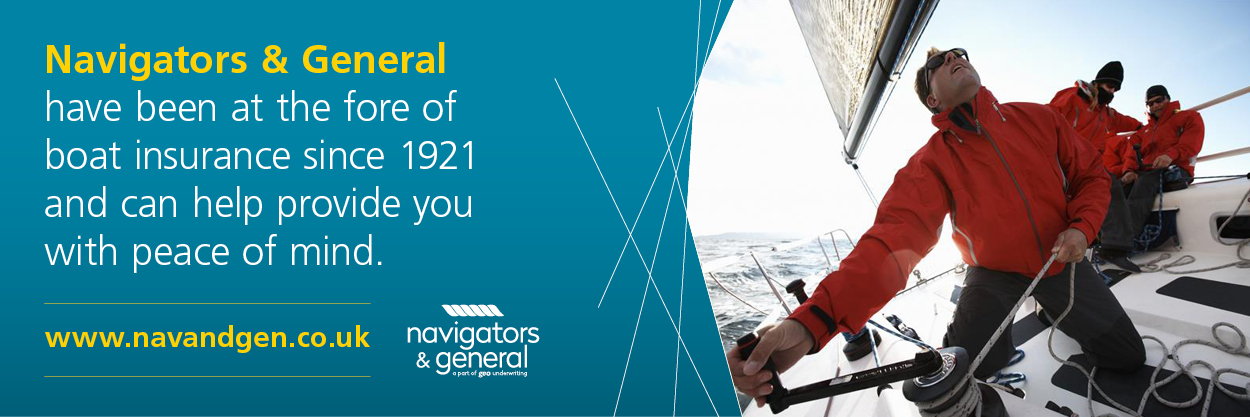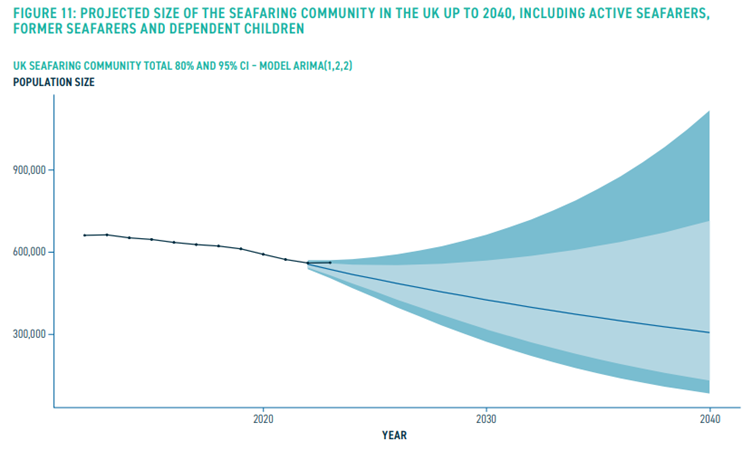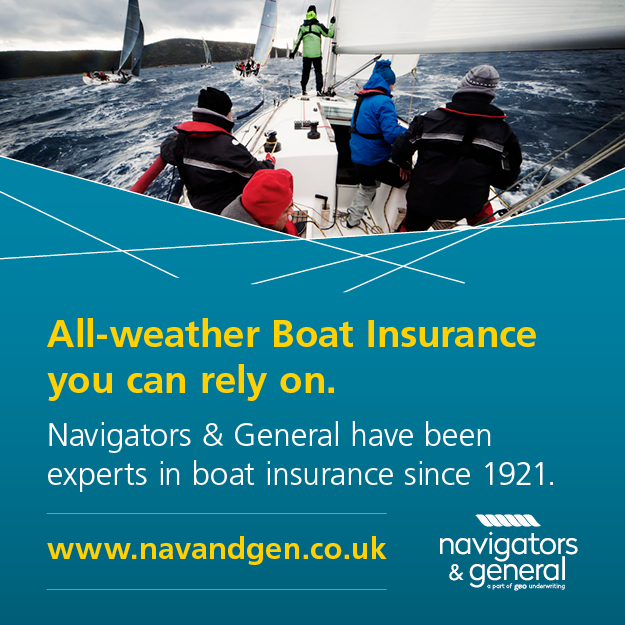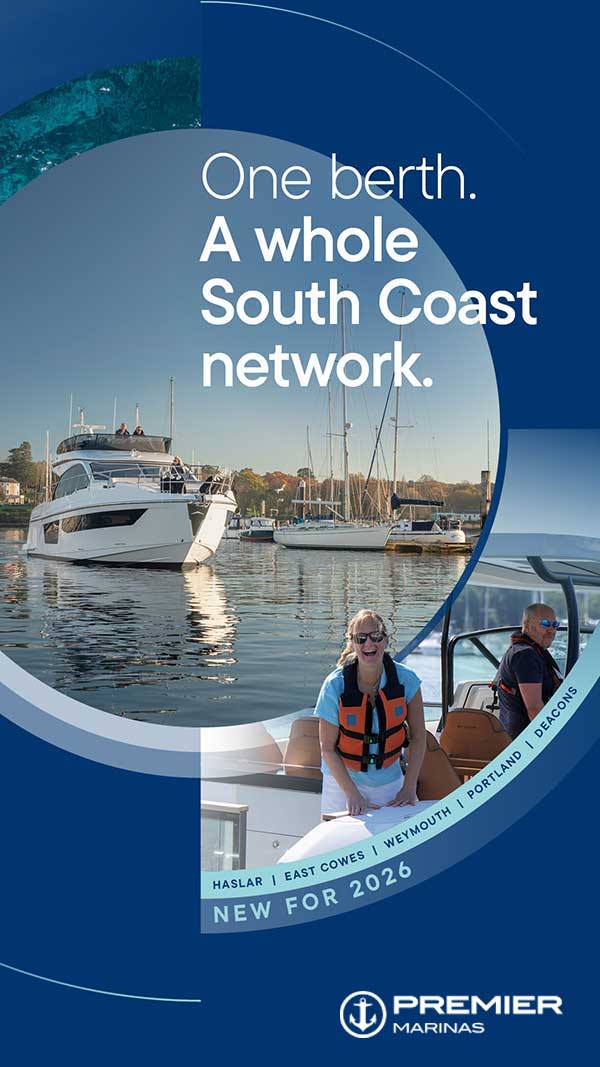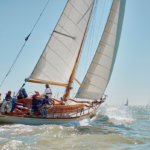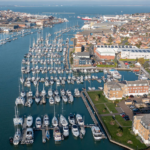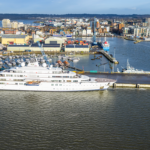A report commissioned by the Maritime Charities Group has found that the number of UK seafarers could fall dramatically by 2040. From more than half a million today, the UK’s seafaring community (defined as active seafarers, former seafarers and dependent children) is predicted to decline to 300,000 by 2040.
The number of active seafarers is also envisaged to fall by an average of 6% in the same timeframe. The most severe prediction in the report’s range, which analysed large existing data sets, predicts active seafarer numbers will fall by nearly a third.
The MCG, which fosters collaboration and best practice within the maritime charity sector, unveiled its report at Trinity House in London. Seafarers 2040 also includes interviews with hundreds of seafarers and their families. It found that two in five seafarers already believe their ships are unsafe due to lack of crew, and only a third agree that they receive enough shore leave in their months-long contracts.
Declining communities could mean that the UK struggles to recruit the next generation of seafarers, the MCG warned. Seafarers handle 90% of the UK’s traded goods and support the Royal Navy via the Royal Fleet Auxiliary, as well as crewing cruise ships, ferries and more. Threats to food security posed by sharply falling numbers of people employed in commercial fishing were also identified in the report.
The MCG is now calling for maritime welfare charities to take urgent action. This includes reviewing eligibility criteria to expand the number of seafarers they can support, and working with policy makers to ensure standards on seafarer safety and wellbeing – such as those enshrined in the Maritime Labour Convention – are rigorously applied by all stakeholders.
Tim Slingsby, chair of the MCG, said: “Seafarers are absolutely crucial to the national interests of the UK. They make sure we all have food on our plate and fuel to heat our homes. If seafaring communities start to disappear it will get harder and harder to restore them and to attract the next generation into vital seafaring careers. The MCG is committed to supporting maritime charities with the challenges that our report identifies, but we need everyone from industry to policy makers to play their part in protecting the health and welfare of seafarers and their families.”
Tina Barnes, Impact Director at The Seafarers’ Charity, added: “This research is sobering and reveals what many in the UK’s maritime and fishing industries have known for some time – the nature of work at sea is changing. This means that maritime welfare charities need to adapt too. Not only do charities need to be able to support the complex needs of an older retired generation, but they also need to reflect and respond to the changing needs of a modern generation who perceive themselves not as seafarers, but as part of the hospitality and leisure industry.”






